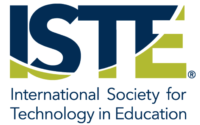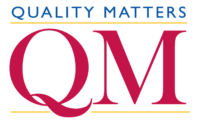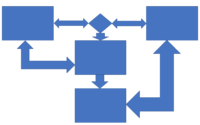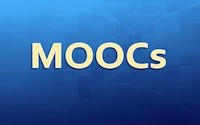
Current Practices of Online Instructor Evaluation in Higher Education
As enrollment of students in online courses has steadily increased over the last few decades, very little attention has been given to online instructor evaluation. This is an area of online education that needs additional research to better ascertain the current state of online instructor evaluation as well as discover ways to improve its effectiveness. […]
















